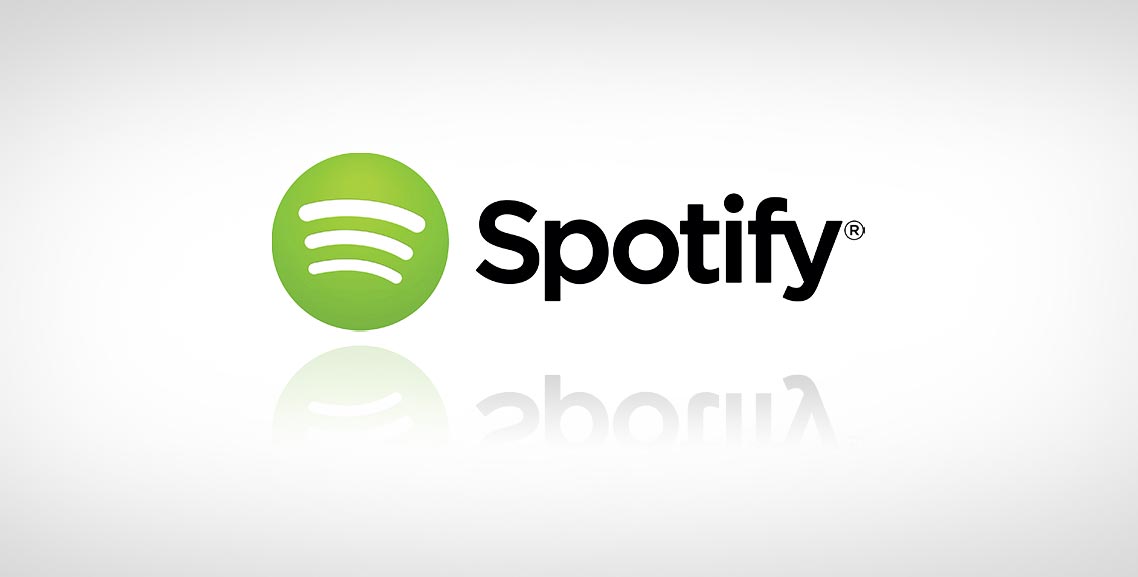Certain albums on Spotify will be Premium-exclusive after Universal Music Group deal
Spotify have agreed to a deal that will make certain new albums exclusive to Premium users 2 weeks before free listeners get a chance to hear it.
After lengthy discussions between Spotify and labels, the streaming giant has reached an agreement with UMG that will see Spotify window certain releases. The licensing agreement will require new albums from Universal Music Group to release on Spotify’s Premium tier exclusively for 2 weeks before being opened up to all users, free and paid.
The agreement follows a long standoff between labels and Spotify, with Spotify struggling to become profitable whilst the labels demanded a better percentage of payments from the streaming company. This new license agreement benefits both sides as it will allow Spotify to pay slightly less in royalties to UMG, raising their chances of making a profit, whilst Universal’s newer releases will retain a higher value.
Daniel Ek said in a statement that he knew Spotify couldn’t continue releasing new music for free forever, saying: “We know that not every album by every artist should be released the same way, and we’ve worked hard with UMG to develop a new, flexible release policy. Starting today, Universal artists can choose to release new albums on premium only for two weeks, offering subscribers an earlier chance to explore the complete creative work, while the singles are available across Spotify for all our listeners to enjoy.”
Now that Spotify have managed to sign a deal with one of the three major labels, Warner and Sony should hopefully follow suit. It’s likely that now UMG have penciled a two-way deal that we will see something similar across the other majors, likely a similar windowing period to give new releases a chance to make even more before being made available to everyone.
Spotify have been planning to launch an IPO for a few years now, however have had difficulty thanks in large part due to their lack of profitability – mainly down to high licensing costs. As Spotify gets friendlier with labels and works out deals that benefit their income more, they could be moving closer to their long-delayed IPO.
